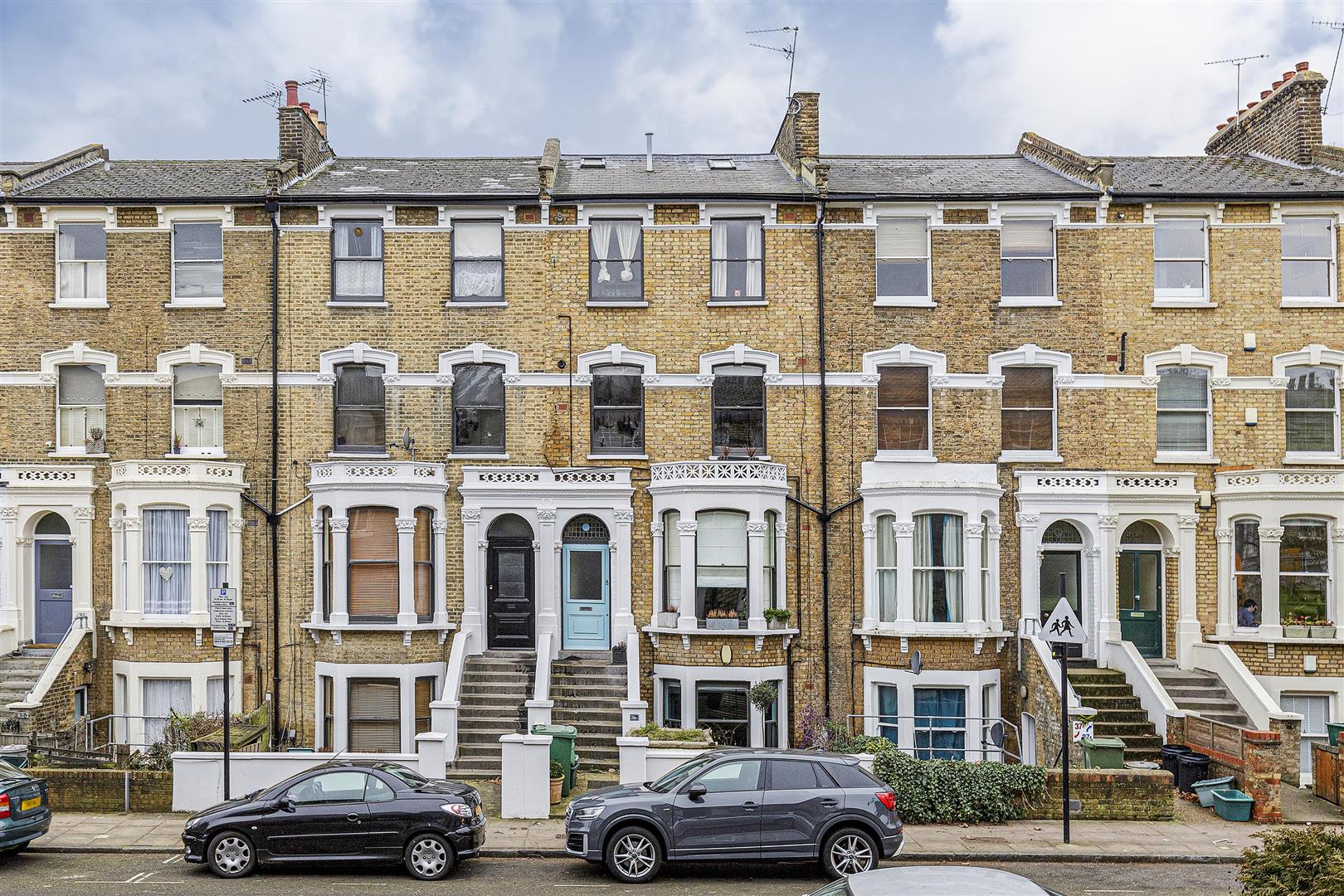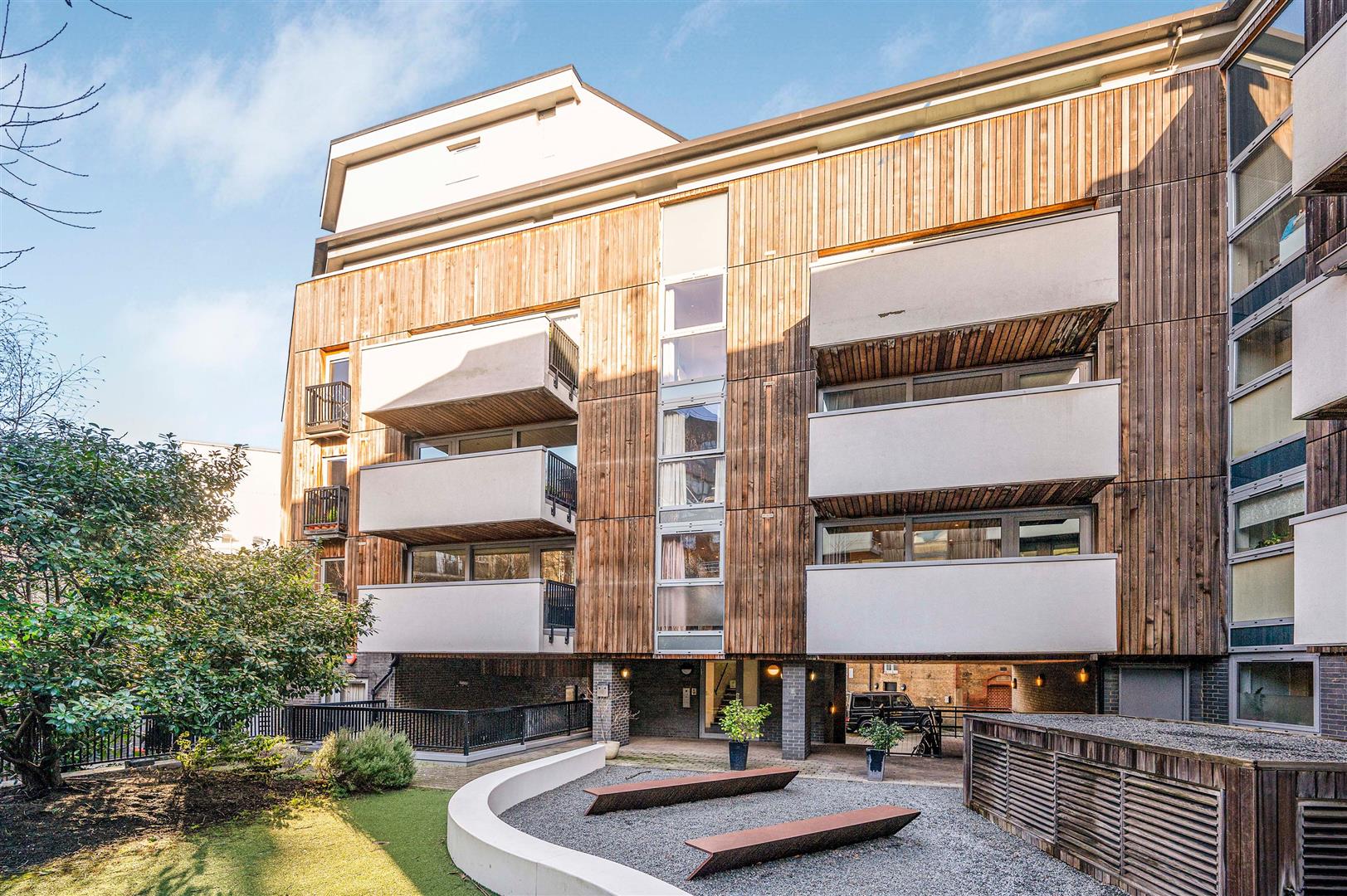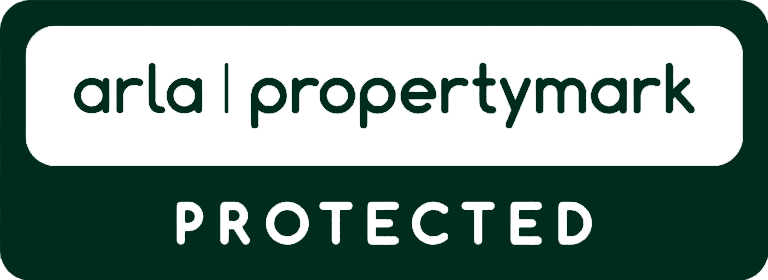Why Cutting Corners on Block Maintenance Could Cost You
Let’s talk about block maintenance. Not the most thrilling subject, we know, but stick with us-because if you ignore it, your insurance provider might ignore you when you need them most.
And trust us, there’s nothing worse than discovering that the dodgy drain or leaky roof you’ve been putting off fixing has just cost you a fortune in rejected claims.
Whether you’re a freeholder, part of a Residents’ Management Company (RMC), or working with a Property Managing Agent, you have a legal duty to maintain the building properly. Here’s the kicker- if you don’t, your insurer won’t bail you out when something goes wrong.
What happens if you don’t keep up with block maintenance?
Ignoring block maintenance issues might seem like the easy option in the short term. But when it comes to insurance, cutting corners can leave you completely exposed. If your building is in poor condition, insurers can reject claims, reduce your cover, or even remove it entirely. Some insurers carry out surveys to assess the state of a building, and if they find neglected repairs, they could insist that work is carried out before they’ll even consider insuring you.
If your property has a flat roof and the covering is more than 10 years old, expect your insurer to demand a condition report. No report? No cover. And when it comes to renewing your policy, most insurers will ask you to confirm that the property is being “maintained in a good state of repair.” If you say yes and they later find out you were, let’s say, stretching the truth, your claim could be outright denied.
And then there’s the big one- liability. If someone is injured due to a maintenance issue that the RMC failed to address, you could find yourselves facing a personal claim. Imagine a loose stair railing giving way or a wobbly paving slab sending someone flying. Suddenly, that ‘minor’ issue isn’t looking so minor anymore.
The silver lining: saving some dough
If all of this is sounding a bit doom and gloom, here’s the good news. Insurers love a well-maintained property! They often reward good upkeep with significant discounts. If you can prove you’re on top of things- regular fire risk assessments, electrical checks, well-kept communal areas – you might find your insurance premiums are lower than you expected.
What exactly should an RMC be doing?
While there’s no definitive list of RMC maintenance responsibilities, the general rule of thumb is: do more than the bare minimum. If an issue arises, you need to be able to show that you’ve been proactive in keeping the building safe and secure.
A structured block maintenance schedule is the way to go. If you don’t have one, it’s time to get organised (or at least make sure your block managers are on top of this). Essential tasks include:
-Regular electrical safety inspections by a qualified electrician (a legal requirement in Scotland)
-Fire safety and health risk assessments
-Legionella checks for any communal water tanks
Gutters and drains should be cleared regularly- blocked gutters might not seem like a big deal until they cause a leak that damages multiple flats. Banisters and railings need to be properly secured, communal flooring should be free from trip hazards, and any slipped or broken roof tiles should be repaired before they let in water. And if you’ve got trees and shrubs in communal areas, keeping them trimmed isn’t just about appearances- it’s about preventing damage to buildings and pathways.
Typically, anything inside an individual flat is the leaseholder’s responsibility, while anything serving communal areas falls under the RMC. That includes the building’s roof, exterior walls, windows, and shared pathways. If you’re unsure, check the lease- it should outline exactly what falls under your remit.
How quickly should repairs be carried out?
If something breaks, don’t just kick the can down the road. Insurers won’t be sympathetic if they discover that a preventable issue was left to escalate. A prompt response is key.
For urgent issues – things like structural damage, security concerns, or health and safety risks – you should acknowledge the problem within 24 hours and arrange for repairs as soon as possible. Routine maintenance and minor repairs should be scheduled within a reasonable timeframe to prevent them from becoming bigger (and more expensive) problems later on. Keeping a clear record of all maintenance work, inspections, and communications with residents is crucial. If a dispute arises or an insurance claim is questioned, having a solid paper trail will be your best defence.
The bottom line
Maintaining your block isn’t just about keeping the place looking nice- it’s about protecting your investment, keeping residents safe, and ensuring you’re covered if something goes wrong. A little time and money spent on regular upkeep can save you from huge financial and legal headaches down the line.
So next time you spot a loose roof tile, a blocked gutter, or a wobbly step, don’t ignore it. Your insurance company (and your bank balance) will thank you for it.
Contact us:
Brompton Block Management, 85 Stroud Green Road, London, N4 3EG
Article & images by Barefaced Studios
You might also want to read other useful blog articles by clicking here.
_________________________________________________________________________
Please note that all content contained within our website is for informational purposes only. You should not construe any such information or other material as legal, tax, investment, financial, or other advice. All Content on this site is information of a general nature and does not address the circumstances of any particular individual or entity. We advise seeking professional advice from a legal, financial, or other professional.

 Changing Block Management: What You Need to Know
Changing Block Management: What You Need to Know  The Essential Maintenance Checklist Every Flat Owner Needs
The Essential Maintenance Checklist Every Flat Owner Needs 
